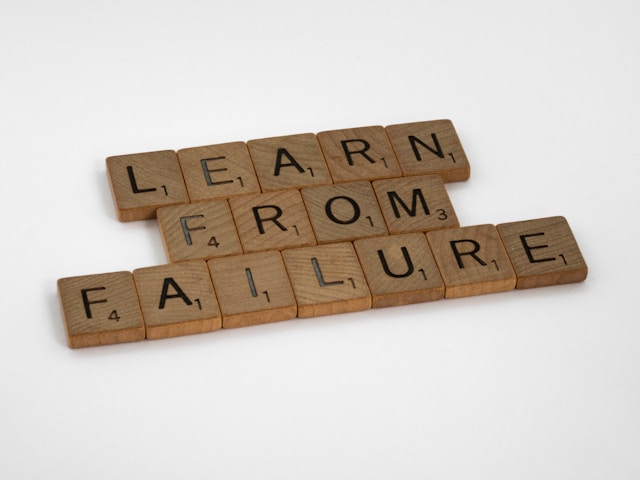Let’s dive into a crucial aspect of learning: accountability. Did you know that holding learners accountable for their education can significantly improve their learning outcomes? Let’s explore why this is the case, introduce the concept of authentic assessment, and connect it all to biblical principles.
Accountability: The Key to Effective Learning
Holding students accountable for their learning means making sure they take responsibility for their educational progress. When learners understand that they’re expected to actively participate and engage with the material, they will learn. They even begin to pursue knowledge and understanding with genuine enthusiasm as their natural curiosity kicks in.
Roadblocks to Accountability
Pain. That’s what gets in the way. Since learning is an active process, it takes engagement and intentional effort. But learning is hard! Remember struggling with a piece of writing or a math concept? It’s uncomfortable. We don’t like it. We want it to come easy.
The second roadblock is an education system and a culture that won’t allow our kids that struggle. When my kids were little and in Christian school, they would throw themselves on the floor, spewing bodily fluids from their noses and mouths when things were hard. I confess I sometimes removed the struggle for them by contacting the teacher and saying it was too hard. Embarrassing, I know. But other times, I told them to suck it up and be tough. I reminded them that learning is hard and that they can do hard things! We want our kids to struggle! They should be standing up on their tippy, tippy toes to reach new learning. Learning takes effort, work, and perseverance. If we remove the struggle, they miss out on so much, mentally, emotionally, and spiritually.
Thankfully, I figured this out. When they were homeschooling with me in middle and high school, they had learned to work through those painful moments of confusion. They learned to use resources to figure it out! They got tough. I stopped being a roadblock myself by allowing the natural roadblocks to remain in place for them to navigate. This is accountability.

Authentic Assessment: A Form of Accountability
Now, let’s talk about authentic assessment. Why do I use the word “authentic?” It means the assessment is a true measure of student learning or skill acquisition. It’s a tool to measure AND communicate. As an educator since 1995, I have grappled with this issue, reading theory and research, to understand the relationship between assessment and learning. But the most formative lessons I learned were in the classroom.
I discovered that the more accountability I removed, the lazier students became and the less they learned. It was when I stood firm on due dates, limiting “re-does,” and using authentic assessment, students rose to the occasion. Learning improved. I could only do this in a school where things were a little counter to our culture. Grace Christian School in Alaska was a special place with special families. People in Alaska embrace struggle just to live in America’s Last Frontier. Everything is hard work but worth it because the enjoyment that comes after or from the work is outstanding. Think hunting, fishing, hiking, and skiing! Those things are hard, but so fun. So, most parents didn’t get mad at me when their kiddo got a bad grade. Instead, they told their kids to work harder. Get help. Toughen up. And they did!

Biblical Principles: Humility & Wisdom
The Bible emphasizes the importance of learning from parents (and by extension, teachers). Proverbs 1:8-9 (NIV) says, “Listen, my son, to your father’s instruction and do not forsake your mother’s teaching. They are a garland to grace your head and a chain to adorn your neck.” This passage highlights the value of seeking wisdom from those who guide us and the idea that wisdom is a treasure worth pursuing.
Embracing this biblical principle, we encourage students to seek guidance from their parents and teachers, taking ownership of their learning and becoming wise learners.
The Lemons-Aid Way: Accountability and Assessment in Action
At Lemons-Aid, we’re dedicated to helping learners reach their full potential. We understand the importance of accountability and authentic assessment in the learning process, so we’ve designed our courses with these principles in mind.
Our approach ensures that students not only grasp the material but also develop the critical thinking and problem-solving skills needed for real-life success. Through assessments and ongoing feedback, we help learners stay accountable and track their progress, setting them up for a bright future with the skills to leap over those roadblocks. Because they’re tough enough!


